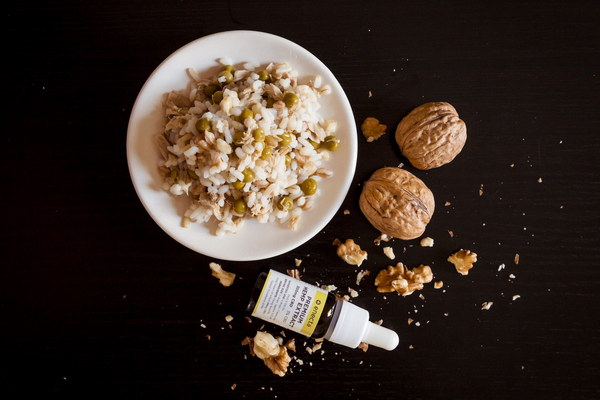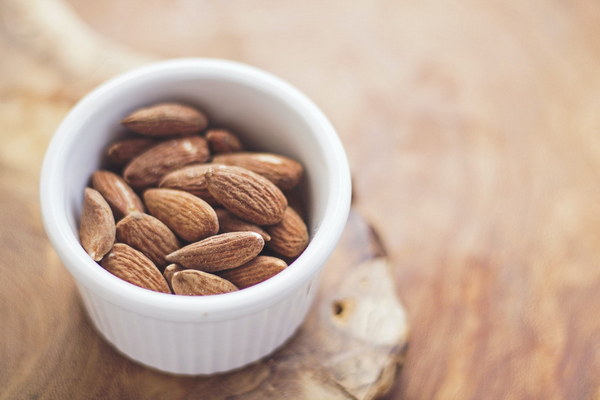Optimal Temperatures for Liver Care How to Maintain Your Livers Health
Introduction:
The liver is a vital organ responsible for detoxifying the body, producing bile, storing glucose, and regulating metabolism. To ensure the optimal functioning of this crucial organ, it is important to consider various factors, including temperature. In this article, we will explore the ideal temperatures for liver care and how to maintain your liver's health.
1. Room Temperature: The Ideal Setting for Liver Function
The ideal room temperature for liver care is typically between 68°F to 72°F (20°C to 22°C). This moderate temperature helps in maintaining the body's metabolism and aids in the proper functioning of the liver. Here's why:
- Temperature Regulation: A stable room temperature ensures that your body's core temperature remains consistent, which is essential for the liver's metabolic processes.
- Digestion: The liver produces bile, which aids in digestion. A moderate room temperature promotes optimal bile production and flow, enhancing the digestion process.
- Sleep Quality: A cool room temperature is conducive to better sleep, which is vital for overall liver health. Adequate sleep allows the liver to regenerate and detoxify effectively.
2. Cold Weather and Liver Care
During cold weather, it is crucial to protect your liver from the adverse effects of low temperatures. Here are some tips for maintaining liver health in cold weather:
- Stay Warm: Wear appropriate clothing to keep your body warm, as cold weather can lead to a weakened immune system and increased susceptibility to infections that can stress the liver.

- Hydrate: Cold weather can lead to dehydration, so ensure you drink plenty of water to support liver function.
- Limit Alcohol Consumption: Cold weather often prompts an increase in alcohol consumption. However, excessive alcohol intake can strain the liver. Limit your alcohol consumption during cold weather.
3. Hot Weather and Liver Care
During hot weather, the liver can face additional challenges due to increased physical strain and potential dehydration. Here are some tips for maintaining liver health in hot weather:
- Stay Hydrated: Drink plenty of fluids, especially water, to prevent dehydration, which can lead to liver dysfunction.
- Avoid Overexertion: Hot weather can cause heat exhaustion or heatstroke, which can stress the liver. Avoid excessive physical activity during the hottest parts of the day.
- Wear Sunscreen: Protect your skin from harmful UV rays, as excessive sun exposure can lead to liver damage.
4. Other Factors Influencing Liver Health
Apart from temperature, other factors can impact liver health. Here are a few important considerations:
- Diet: A balanced diet rich in fruits, vegetables, whole grains, and lean proteins can support liver function.
- Exercise: Regular physical activity promotes liver health by improving blood circulation and aiding in the removal of toxins.
- Avoiding Harmful Substances: Limiting alcohol, tobacco, and drug use is crucial for maintaining a healthy liver.
Conclusion:
Maintaining optimal temperature for liver care is essential for ensuring the proper functioning of this vital organ. By considering the ideal room temperature, protecting your liver during cold and hot weather, and adopting a healthy lifestyle, you can support your liver's health and overall well-being.









